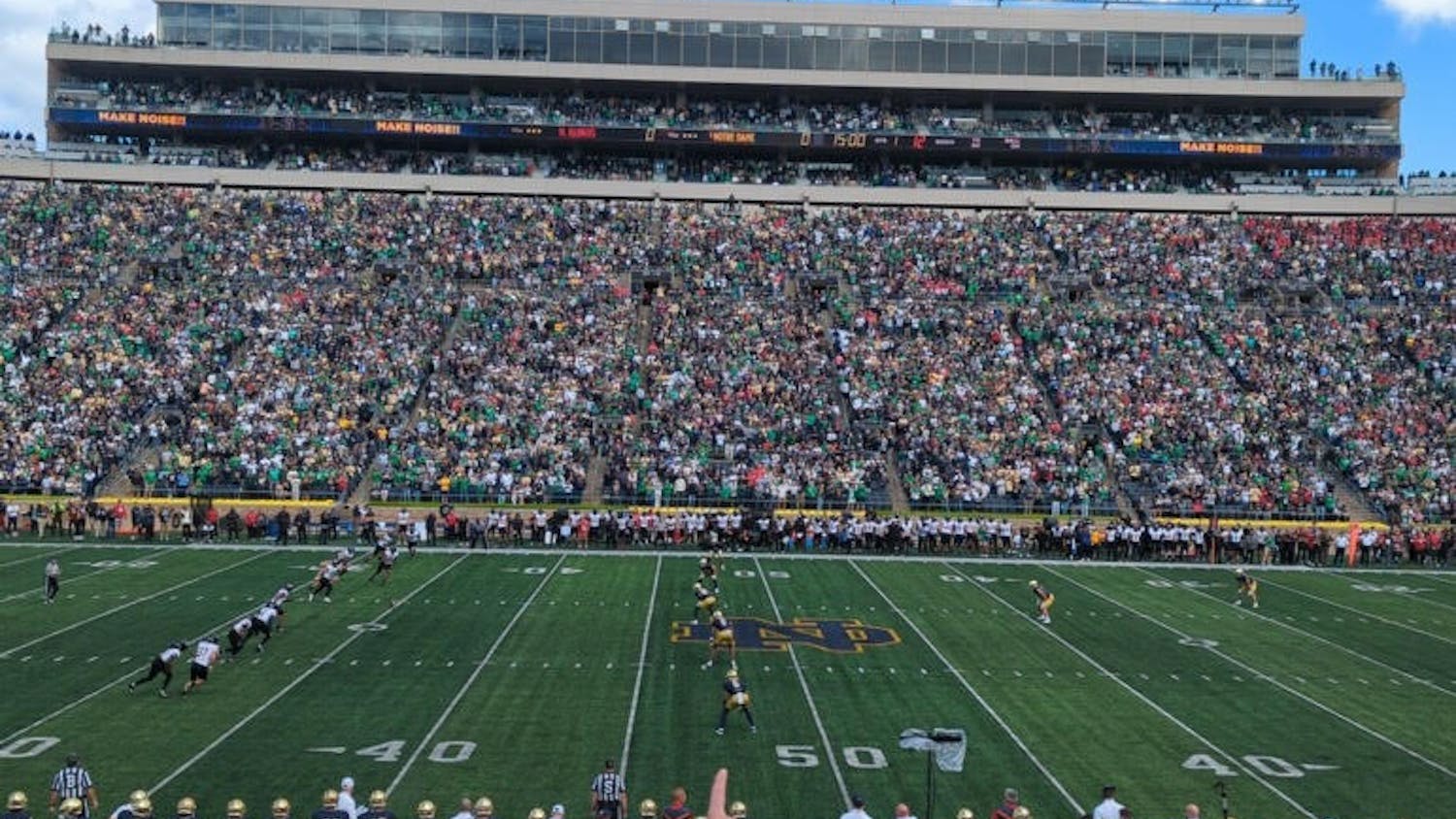In 2020, our country experienced a racial reckoning, the likes of which hadn’t been seen since the killings of Trayvon Martin and Michael Brown in the early 2010s. But interestingly, what set the racial climate of 2020 apart from any other in recent history was the seemingly historical level of support that movements like BLM were receiving from white people, specifically young white people.
All of us were trapped at home because of the coronavirus. Our social media feeds were inundated with reposted quotes from the Civil Rights Era and all the trendy forms of social media protest that people were engaging in. Of course, people quickly began to realize that, while it was a neat idea, Blackout Tuesday wasn’t going to change the fact that more than 55% of deaths from police violence in the US over the last 40 years have either been misclassified or unreported. If we’re honest, we’ll admit that, to a degree, we were all just virtue signaling, trying to cash in on an easy opportunity to show the world that we too were people of morality and conscience — that we, too, “got it.”
But in the wake of everyone’s virtue signaling, something very curious began to happen. Some people discovered that they could improve their standing as social media activists by calling out these acts of performative activism. Really it was just (you guessed it) more virtue signaling. Instagram pages were dedicated to outing these “fakes,” and it was so bad that a girl at a school nearby me was posted on one of them, with a caption asking that she be “held accountable.”
But strangely, the only people being called out for being “performative activists” were white. I remember Blackout Tuesday. I posted a black square. My black friends posted black squares. Everybody posted a black square. So why was it that my white friends were the ones at the mercy of the angry mob?
Don’t get me wrong, sometimes it’s obvious that some people really are just performing and that can be annoying. However, most of the time we can’t really tell and who is anybody to judge who’s sincere in their desire for justice and who’s an opportunist? As for my earlier question about why white advocates of social justice are often accused of putting on shows of “white guilt,” I think the answer has a lot to do with pent-up anger.
Many people are frustrated because they feel like when it comes to advocacy and calls for social change, white people get to have their cake and eat it too. They get to experience the catharsis of protesting and being outraged at injustice without the fear of being shot the next time they get pulled over by a police officer. I disagree with this view. If we say that white people must go about activism differently than people of color because their experiences of America are different, then we must acknowledge that even among black Americans, there are different experiences of America. In the America of today (where 54% of Black Americans live in suburbs), disparities in class and socioeconomic status have made it such that a wealthy Black family probably has more in common with a wealthy white family than a poor Black family. So, if we say that people can only fight oppression if they live the same experience as the oppressed, then we’ll have a lot fewer people fighting oppression.
Recent focuses on outing “performative” white activists force many well-meaning white people to feel like they’re walking a fraying tightrope when it comes to issues of race. Say nothing in the face of injustice, and your silence will be regarded as complicity. But if you speak up, you’ll be chided for giving into your “white savior” complex and trying to make the moment about yourself. But the ironic thing is, that’s exactly what those people are doing when they deem themselves worthy enough to question how genuine a white person is when they protest in solidarity with people of color. They’re just using an easy opportunity to create some kind of false moral high ground.
It’s pretty easy to call out your white friends on social media. What’s hard is putting energy towards pursuing solutions to problems like education inequity or the historic rate of gun violence going on in America’s inner cities. It’s impossible to verify the sincerity of every person who advocates for racial justice, and every time someone tries, they could have spent that time working on the real social justice issues affecting marginalized people.
Oluwatoni (Toni) is a freshman majoring in Business Analytics at the University of Notre Dame. He can be reached at oakintol@nd.edu.
The tightrope of white guilt and performative activism
The views expressed in this column are those of the author and not necessarily those of The Observer.









